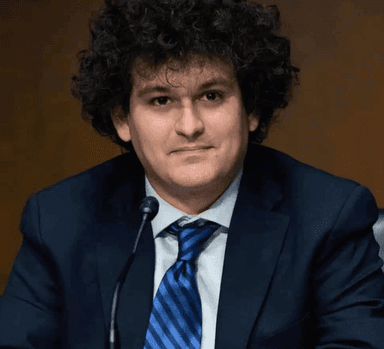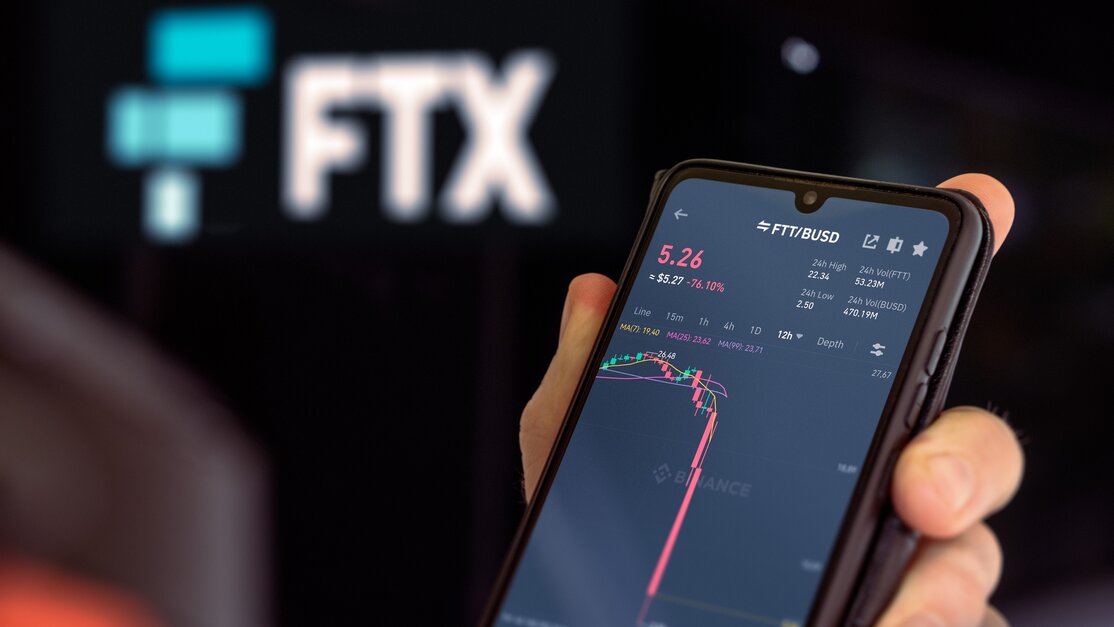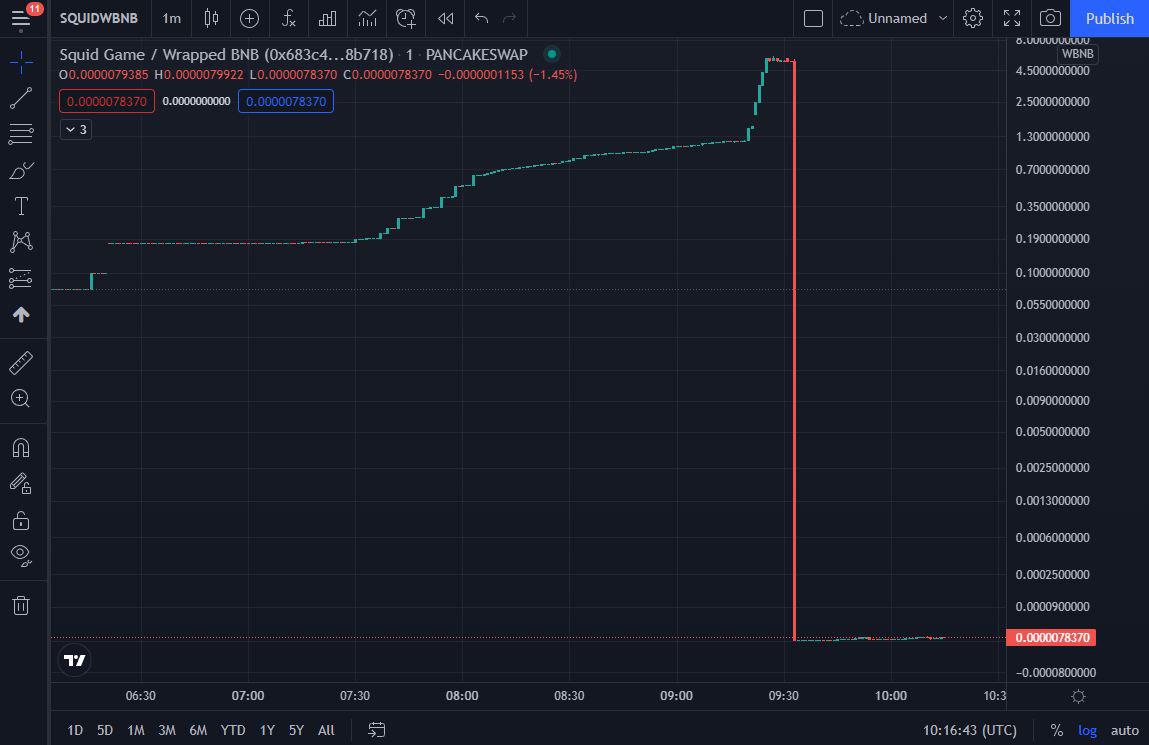
Sam Bankman
Sam Bankman-Fried (SBF): The Rise and Fall of the FTX Founder
Sam Bankman-Fried (born 1992), commonly known as SBF, is the American founder of the collapsed cryptocurrency exchange FTX and the crypto trading firm Alameda Research. Once lauded as a visionary leader in the digital asset industry and a prominent proponent of "effective altruism," SBF oversaw a meteoric rise that positioned FTX among the world's largest exchanges. However, this trajectory ended abruptly in late 2022 with the spectacular implosion of his crypto empire, revealing extensive fraud and resulting in one of the most significant scandals in financial history and SBF's subsequent criminal conviction.
"I didn’t ever try to commit fraud on anyone." – Sam Bankman-Fried (post-collapse interview statement)
The Rise: Alameda Research and FTX (2017-2022)
Educated at the Massachusetts Institute of Technology (MIT) with a degree in physics, Bankman-Fried initially worked at the quantitative trading firm Jane Street Capital. In 2017, he leveraged his trading background to found Alameda Research, a crypto quantitative trading firm known for its aggressive strategies and significant market presence.
Building on Alameda's foundation, SBF launched the FTX cryptocurrency exchange in 2019. FTX quickly gained prominence by offering sophisticated trading products, including complex derivatives (futures, options), tokenized stocks, and innovative prediction markets, attracting both retail and professional traders. Fueled by venture capital funding, aggressive marketing (including high-profile sponsorships and celebrity endorsements), and SBF's cultivated image as a brilliant and benevolent figurehead operating from The Bahamas, FTX achieved a peak valuation estimated at $32 billion.

The Collapse of FTX (November 2022)
The FTX empire crumbled with stunning speed in early November 2022. The catalyst was a report by CoinDesk questioning the financial stability of Alameda Research, revealing that a significant portion of its assets consisted of FTT, the native utility token issued by FTX itself. This raised concerns about the close, opaque financial relationship between the two entities founded by SBF.
Competitor exchange Binance initially announced plans to liquidate its large FTT holdings, further spooking the market. Although Binance briefly considered acquiring the struggling FTX (excluding its US operations), it quickly backed out after initial due diligence revealed severe financial irregularities. This triggered a massive crisis of confidence and a "bank run" as FTX customers rushed to withdraw their funds. Unable to meet withdrawal demands, FTX halted customer withdrawals on November 8th and filed for Chapter 11 bankruptcy protection in the US on November 11, 2022, revealing a multi-billion dollar shortfall in customer assets.
Fraud and Mismanagement Uncovered
Subsequent bankruptcy proceedings and investigations, led by new CEO John J. Ray III (who famously oversaw Enron's liquidation), uncovered what Ray described as an "unprecedented" failure of corporate controls. Key findings included:
- Misappropriation of Customer Funds: Billions of dollars deposited by FTX customers were secretly and improperly transferred to Alameda Research.
- Funding Alameda's Losses: These customer funds were used by Alameda to cover massive losses incurred from its own risky trading and lending activities.
- Commingling of Assets: FTX and Alameda funds were heavily commingled, with little separation or proper accounting.
- Illicit Spending: Diverted customer funds were also allegedly used for venture capital investments, luxury real estate purchases, large political donations, and personal loans to executives.
- Lack of Governance: The companies operated with minimal corporate governance, poor record-keeping, and software allegedly containing "backdoors" that allowed Alameda preferential treatment and obscured its liabilities.

Legal Consequences: Arrest, Trial, and Conviction
The fallout led to swift legal action against Sam Bankman-Fried:
The fallout led to swift legal action against Sam Bankman-Fried:
- Arrest and Extradition: SBF was arrested in The Bahamas in December 2022 at the request of US authorities and subsequently extradited to the United States.
- Charges: He faced a range of federal charges, including wire fraud, securities fraud, commodities fraud, conspiracy to commit fraud and money laundering, and campaign finance violations.
- Trial and Verdict (Fall 2023): His trial took place in Manhattan federal court in October and early November 2023. After testimonies from former close colleagues (like Caroline Ellison, Gary Wang, Nishad Singh) who pleaded guilty and cooperated with prosecutors, the jury found SBF guilty on all seven criminal counts he faced at the time.
- Sentencing (March 2024): On March 28, 2024, Sam Bankman-Fried was sentenced to 25 years in federal prison for his role in the FTX fraud.

Impact on the Crypto Industry
The collapse of FTX and the conviction of its founder sent shockwaves through the cryptocurrency world and had several lasting impacts:
The collapse of FTX and the conviction of its founder sent shockwaves through the cryptocurrency world and had several lasting impacts:
- Erosion of Trust: The scandal severely damaged public trust in centralized cryptocurrency exchanges and custodial platforms, highlighting the risks of platforms holding user funds without adequate transparency or controls.
- Renewed Emphasis on Self-Custody: It reinforced the crypto community's mantra of "not your keys, not your crypto," driving increased interest in non-custodial Wallets where users maintain direct control over their private keys.
- Intensified Regulatory Scrutiny: Regulators globally accelerated efforts to establish stricter rules for crypto platforms, focusing on consumer protection, asset segregation, proof of reserves, risk management, and conflicts of interest. Initiatives like Proof of Reserves audits gained prominence among surviving exchanges.
- Market Contagion: The failure led to broader market instability and contributed to the bankruptcy or distress of several other crypto lending firms and funds heavily exposed to FTX or Alameda.
Conclusion: A Cautionary Tale of Hubris and Fraud
Sam Bankman-Fried's story is a stark cautionary tale within the volatile world of cryptocurrency. His rapid ascent fueled by complex financial engineering, charismatic marketing, and the promise of innovation ultimately masked a foundation of gross mismanagement and criminal fraud. The collapse of FTX, resulting from the systemic misuse of customer funds channeled to his trading firm Alameda Research, represents one of the largest financial frauds in recent history. Sentenced to a lengthy prison term, SBF's downfall serves as a critical lesson on the paramount importance of ethical leadership, robust corporate governance, regulatory compliance, and transparency in the digital asset industry. The FTX saga has irrevocably impacted market trust and spurred a necessary push towards greater accountability and user protection within the crypto ecosystem.

